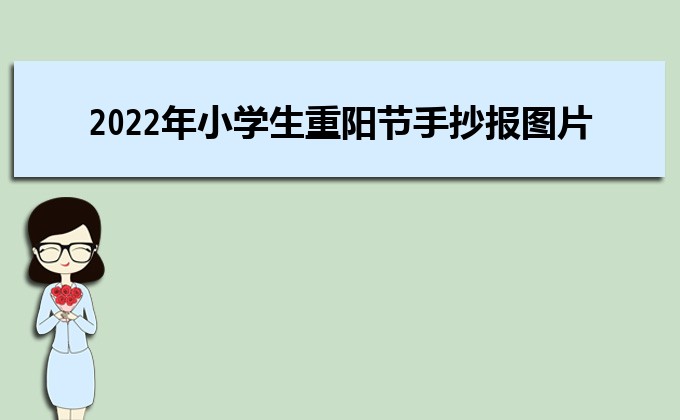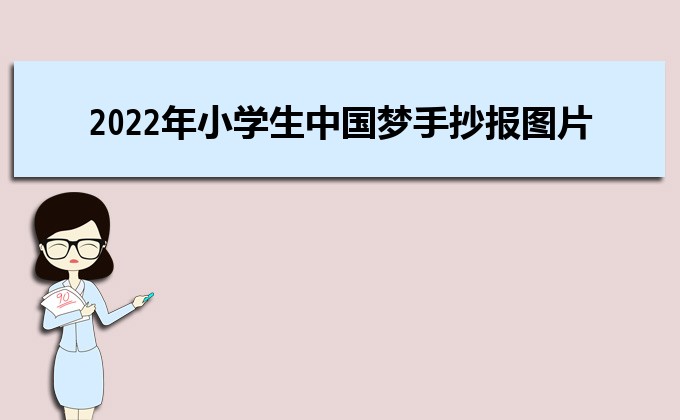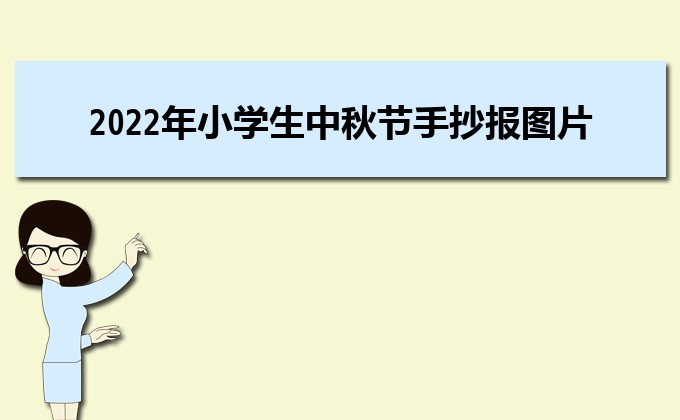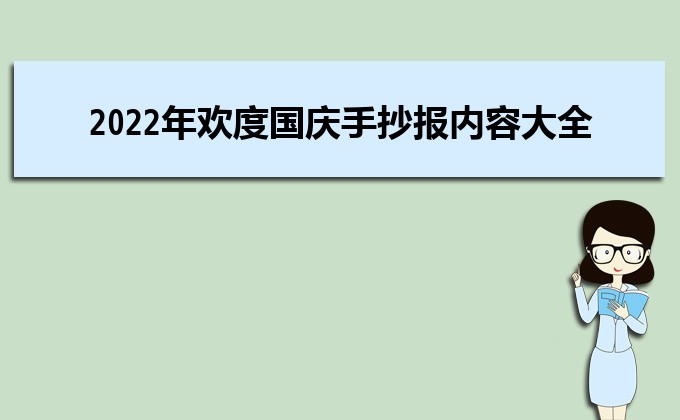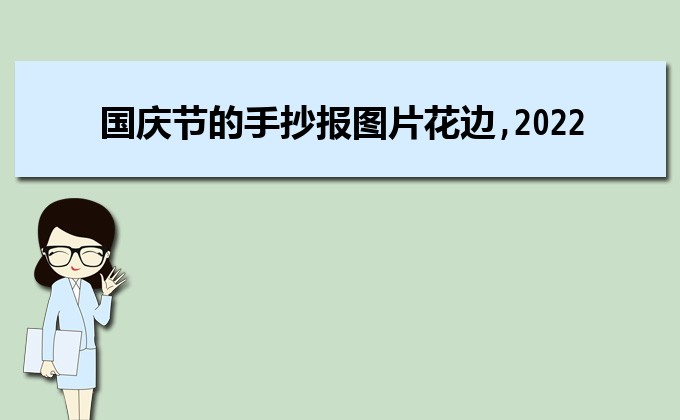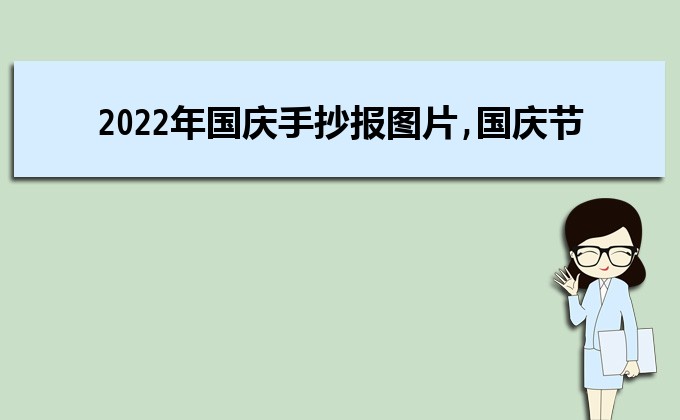Chinese New Year starts with the New Moon(新月)on the first day of the new year and ends on the full moon(滿月)15 days later. The 15th day of the new year is called the Lantern Festival(元宵節(jié)), which is celebrated at night with lantern displays and children carrying lanterns in a parade.
The Chinese calendar is based on a combination of lunar and solar movements. The lunar cycle(月運(yùn)周期)is about 29.5 days. In order to "catch up" with the solar calendar the Chinese insert an extra month once every few years (seven years out of a 19-yearcycle). This is the same as adding an extra day on leap year (閏年). This is why, according to the solar calendar, the Chinese New Year falls on a different date each year.
New Year's Eve and New Year's Day are celebrated as a family affair, a time of reunion and thanksgiving. The celebration was traditionally highlighted with a religious ceremony given in honor of Heaven and Earth(萬(wàn)物), the gods of the household and the family ancestors.
The sacrifice to the ancestors, the most vital of all the rituals(儀式), united the living members with those who had passed away. Departed relatives are remembered with great respect because they were responsible for laying the foundations for the fortune and glory of the family.
The Psence of the ancestors is acknowledged on New Year's Eve with a dinner arranged for them at the family banquet table. The spirits of the ancestors, together with the living, celebrate the onset of the New Year as one great community. The communal feast called "surrounding the stove" or weilu. It symbolizes family unity and honors the past and Psent generations.


 小學(xué)生英語(yǔ)手抄報(bào)邊框花邊簡(jiǎn)單漂亮的設(shè)計(jì)
小學(xué)生英語(yǔ)手抄報(bào)邊框花邊簡(jiǎn)單漂亮的設(shè)計(jì) 建國(guó)六十周年手抄報(bào)邊框花邊簡(jiǎn)單漂亮的設(shè)計(jì)資料 圖片
建國(guó)六十周年手抄報(bào)邊框花邊簡(jiǎn)單漂亮的設(shè)計(jì)資料 圖片 小學(xué)生慶祝建國(guó)六十周年手抄報(bào)邊框花邊簡(jiǎn)單漂亮的設(shè)計(jì)
小學(xué)生慶祝建國(guó)六十周年手抄報(bào)邊框花邊簡(jiǎn)單漂亮的設(shè)計(jì)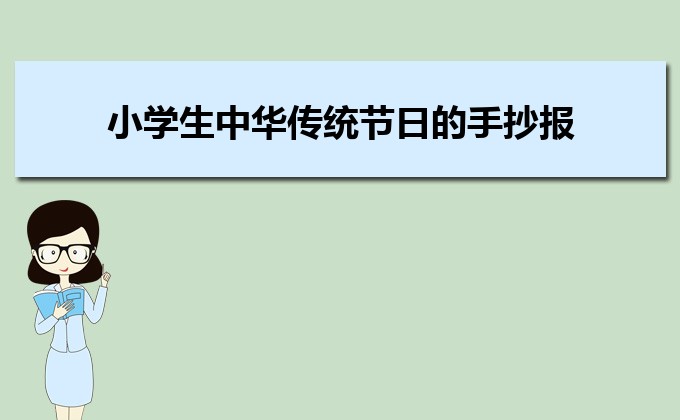 小學(xué)生中華傳統(tǒng)節(jié)日的手抄報(bào)
小學(xué)生中華傳統(tǒng)節(jié)日的手抄報(bào)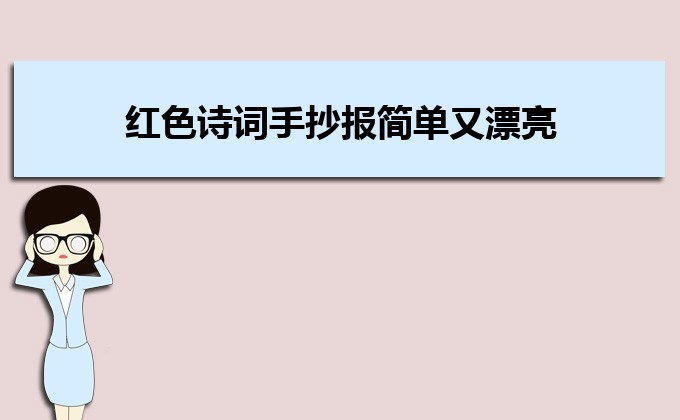 小學(xué)生關(guān)于紅色詩(shī)詞手抄報(bào)簡(jiǎn)單又漂亮
小學(xué)生關(guān)于紅色詩(shī)詞手抄報(bào)簡(jiǎn)單又漂亮 2025年小學(xué)一年級(jí)手抄報(bào)圖片大全,小學(xué)一年級(jí)手抄報(bào)版面設(shè)計(jì)圖
2025年小學(xué)一年級(jí)手抄報(bào)圖片大全,小學(xué)一年級(jí)手抄報(bào)版面設(shè)計(jì)圖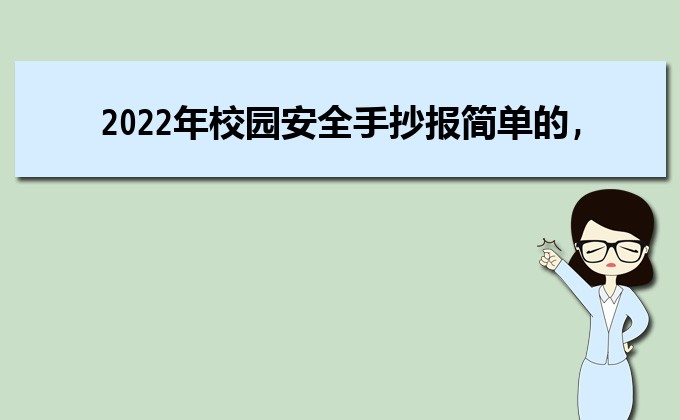 校園安全手抄報(bào)簡(jiǎn)單的,校園安全手抄報(bào)版面設(shè)計(jì)圖
校園安全手抄報(bào)簡(jiǎn)單的,校園安全手抄報(bào)版面設(shè)計(jì)圖 






